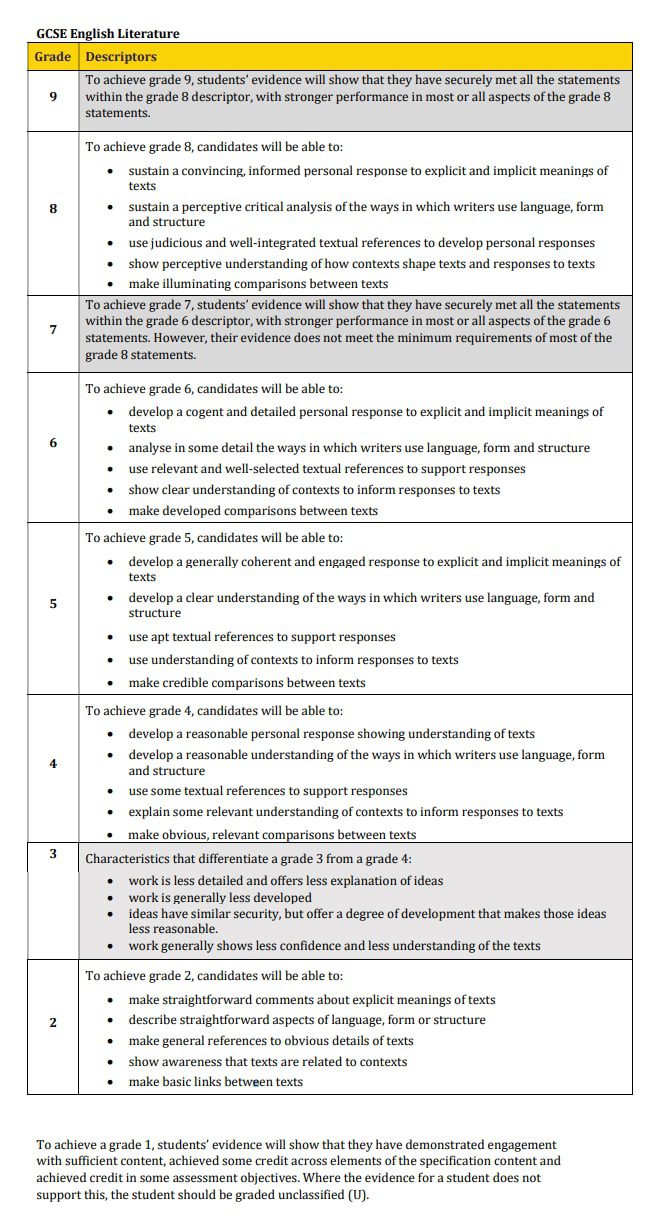

Help and guidance on grading pupils who should have been sitting their GCSE or A Levels exams in the summer 2021 sitting has been published by the Joint Council for Qualifications (JCQ).
Following the announcement by the Government that exams wouldn’t take place, Ofqual determined that teachers would assess the grades. This JCQ guidance is an attempt to ensure consistency.
The Joint Council for Qualifications represents the eight exam boards operating across the UK. JCQ created the guidance with the Department for Education and Ofqual. In creating the documents, JCQ said they were looking at three things: helping teachers, complying with Ofqual’s criteria; and keeping the exam centre’s admin low.
The Full range of JCQ Guidance provides a range of information including:
The grade descriptors have been created for all subjects and are intended to show the level of work that each level requires. This is taken from the document for English Language.

However, with descriptions such as:
To achieve grade 9, students’ evidence will show that they have securely met all the statements within the grade 8 descriptor, with stronger performance in most or all aspects of the grade 8 statements.
not everyone is happy with the guidance. Stating that the grade descriptors “like 8 but a bit more” are not especially helpful.
While well-intentioned, parents and students might not it might not get the clarity that they are after. It might be that the Exam Boards will be more specific and helpful when they release their own “grading exemplification” by 19th April.
Under these guidelines teachers will find it difficult to make grade assessments given the vague terms but they may also find it easy to align their judgement in the case of a dispute.
Ultimately though, the important thing remains – keep working hard! While evidence is still being gathered (until 18th June) there is time to impress. If nothing else, these descriptions give you a fuzzy notion of what you’re working to.

Our GCSE and A Level bundles contain everything you need to manage revision, straight out of the box. All tailored to the exact courses you need.